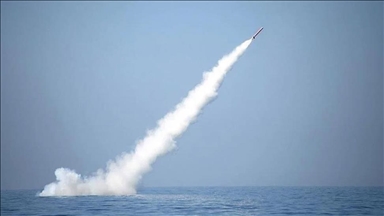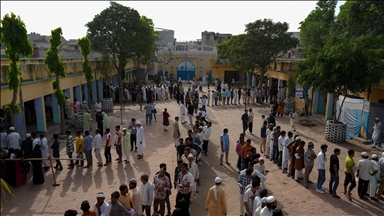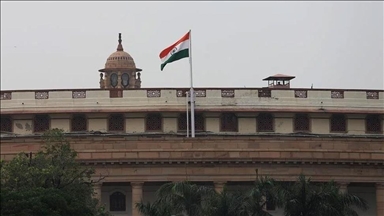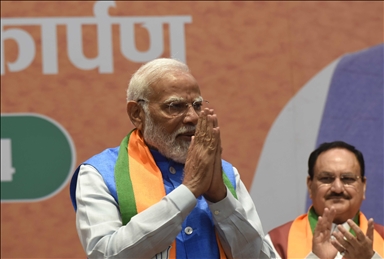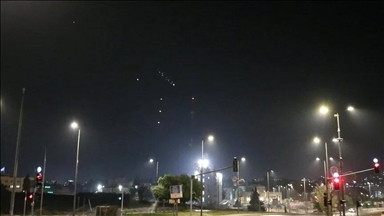Kashmir: Liquor sale proposal triggers outrage
Political parties, religious leaders, civil society users express opposition to 67 proposed sites for new shops liquor
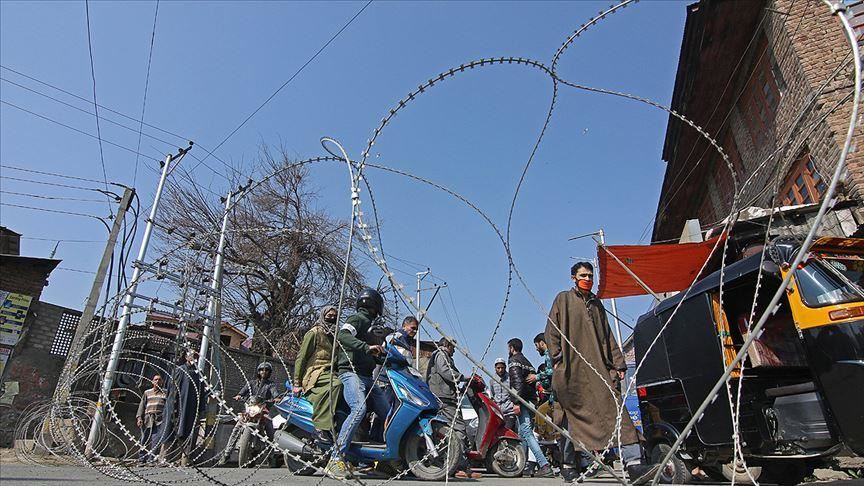
SRINAGAR, Jammu and Kashmir
Authorities in Indian-administered Jammu and Kashmir have identified 67 locations for the opening of liquor shops, a move that has invoked sharp criticism from civil society, religious leaders and political parties.
An order issued on June 16 by the Office of the Excise Commissioner of Jammu and Kashmir listed the points that had been determined in a survey, asking the region's finance department to start issuing licenses for the liquor shops via online auction.
However, upon social media criticism and sharp reactions from religious leaders and political parties, a government spokesman tweeted: "The finance department has NOT taken any policy decision regarding the issuance of fresh liquor licenses in unserved areas. NO list of unserved areas has either been considered or approved. No decision will be taken without the participation of stakeholders and due process."
"Department urges people not to be misled by any half-baked reports in this regard," he added.
When an armed insurgency erupted in Kashmir in 1990, insurgents and people burned several liquor shops in the capital Srinagar. Many others closed down after threats. There are currently only four liquor vendors in the entire Kashmir region in high-security areas.
The official identification of these locations across Kashmir -- a predominantly Muslim region -- has been widely criticized.
Speaking to Anadolu Agency, the Grand Mufti of Kashmir, Mufti Nasir, said: "This is an attack on the religious ethos and culture of Kashmir. Kashmiris would unfurl the banner of revolt if liquor vendors are opened in Kashmir."
"At interfaith meetings, I have attended in the past, even non-Muslims have told us that sale of liquor shouldn't be allowed here," he said.
Regional and countrywide political parties have also voiced concern to the move, with the country's main opposition National Conference, which has ruled the region for the better part of the past seven decades, saying it "smacked of an ulterior motive."
"Is this the development Prime Minister of India said would happen in Kashmir after the abrogation of special laws last year?" National Conference spokesman Imran Nabi said, speaking to Anadolu Agency.
The president of the Bharatiya Janata Party for Indian-administered Kashmir, Ravinder Raina, had in 2017 called for a complete ban on liquor sale in Kashmir. A resolution seeking a ban on the sale of liquor had been presented before the local assembly that year, but the government had not considered it.
The Jammu and Kashmir Apni Party, a new political group believed to have the blessings of the Indian government, said in a statement that the decision was "bound to have disastrous consequences for peace in the region."
Meanwhile, a conglomeration of Kashmiri religious organizations known as the MMU has demanded the "immediate rollback" of the order.
The sale of liquor is banned in four states -- including Prime Minister Narendra Modi's native Gujarat -- and the Union Territory of Lakshadweep.
Disputed territory
Kashmir is held by India and Pakistan in parts and claimed by both in full. A small sliver of Kashmir is also held by China.
Since they were partitioned in 1947, New Delhi and Islamabad have fought three wars -- in 1948, 1965, and 1971. Two of them have been over Kashmir.
Some Kashmiri groups in Jammu and Kashmir have been fighting against the Indian rule for independence or unification with neighboring Pakistan.
According to several human rights organizations, thousands of people have reportedly been killed in the conflict in the region since 1989.
Anadolu Agency website contains only a portion of the news stories offered to subscribers in the AA News Broadcasting System (HAS), and in summarized form. Please contact us for subscription options.


